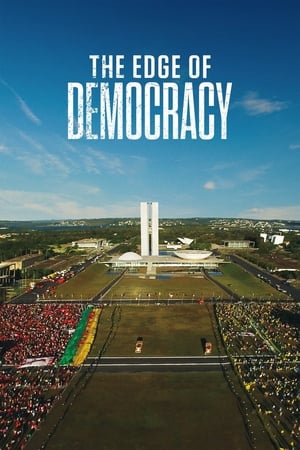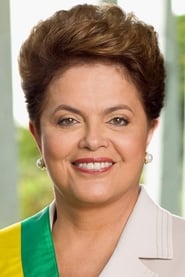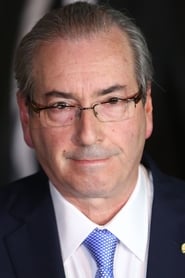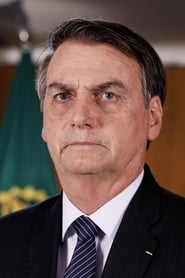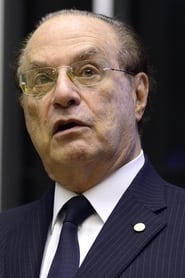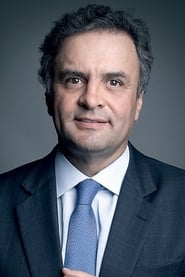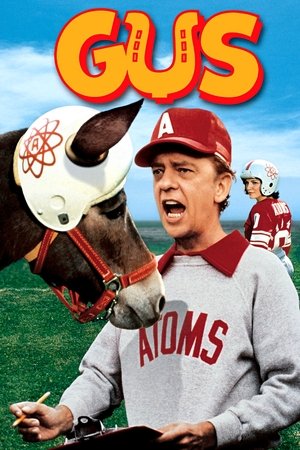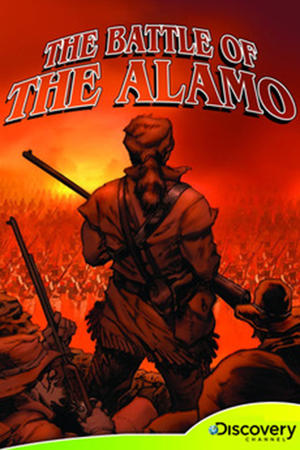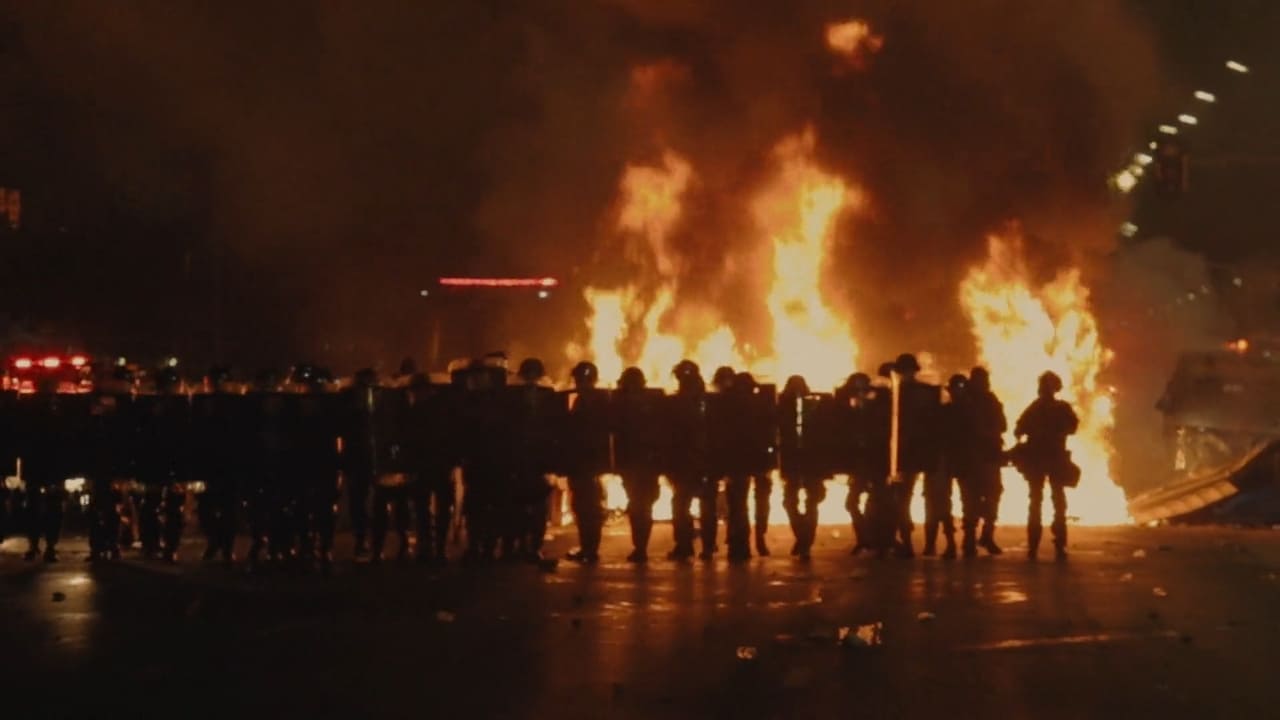
The Edge of Democracy(2019)
A cautionary tale for these times of democracy in crisis—the personal and political fuse to explore one of the most dramatic periods in Brazilian history. With unprecedented access to Presidents Dilma Rousseff and Lula da Silva, we witness their rise and fall and the tragically polarized nation that remains.

Movie: The Edge of Democracy
Top 10 Billed Cast
Self
Himself
Video Trailer The Edge of Democracy
Recommendations Movies
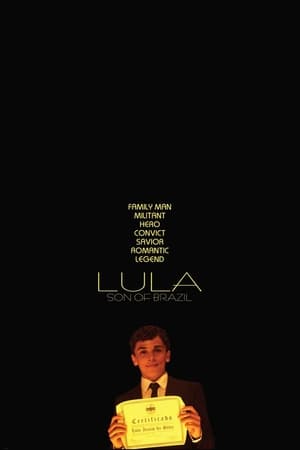 5.5
5.5Lula, the Son of Brazil(pt)
The true story of a working class boy who moves to the nation's financial capital at a young age and becomes one the most influential politicians in Brazilian history.
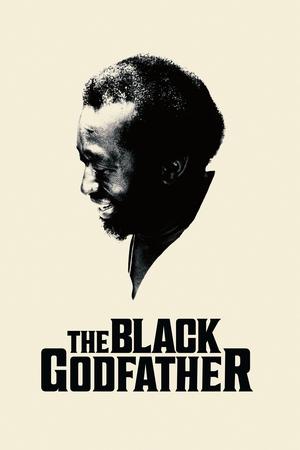 6.9
6.9The Black Godfather(en)
Follows the life of Clarence Avant, the ultimate, uncensored mentor and behind-the-scenes rainmaker in music, film, TV and politics.
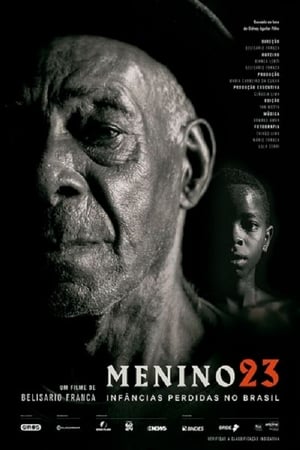 7.7
7.7Boy 23: The Forgotten Boys of Brazil(pt)
The film accompanies the investigation of the historian Sidney Aguilar after the discovery of bricks marked with Nazi swastikas in the interior of São Paulo. They then discover a horrifying fact that during the 1930s, fifty black and mullato boys were taken from an orphanage in Rio de Janeiro to the farm where the bricks were found. There they were identified by numbers and were submitted to slave labour by a family that was part of the political and economic elite of the country and who did not hide their Nazi sympathizing ideals.
 7.5
7.5The Trial(pt)
The impeachment and removal from office of Brazilian President Dilma Rousseff in 2016 was triggered by a corruption scandal involving, among others, her then vice-president Michel Temer. Director Maria Augusta Ramos follows the trial against Rousseff from the point of view of her defence team. This is a courtroom drama that unfolds slowly: the appearances of the various parties gradually turn the proceedings into something akin to theatre. Inside the courtroom, grand emotions are played to full effect whilst, on the other side of the doors, lobbyists and supporters pace the corridors. Meanwhile, outside, in front of Brasília’s modernist government buildings, demonstrators are chanting like a Greek chorus. Only the main character, Rousseff herself, remains professional and aloof.
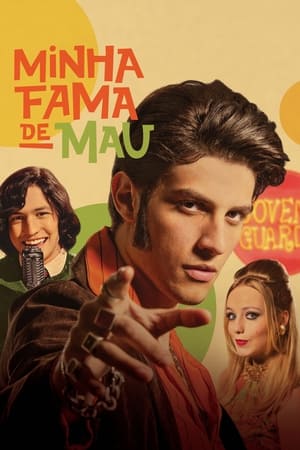 6.4
6.4Minha Fama de Mau(pt)
An emotional dive into the music and life of Erasmo Carlos, from his years as a young rock-and-roller looking for gigs through his enduring musical partnership with Roberto Carlos.
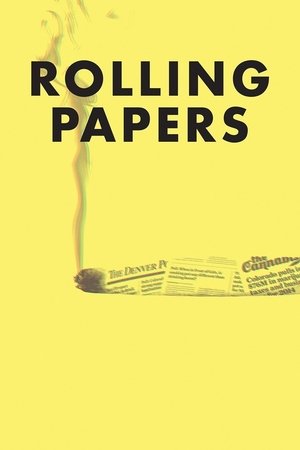 6.0
6.0Rolling Papers(en)
On January 1, 2014, recreational marijuana sales began in Colorado. With all eyes on ground zero of the green rush, The Denver Post became the first major media outlet to embrace it and appointed the world’s first marijuana editor. Legalization is not just an experiment for society, but a risk for the dying industry of newspapers to hedge its bets on the booming business of marijuana. Ricardo Baca sets out to report on history in the making with a team of straight-laced staff writers and fish out of water freelancers in tow for The Cannabist as it unfolds. Policy news, strain reviews, parenting advice and edible recipes are the new norm in the unprecedented world of pot journalism.
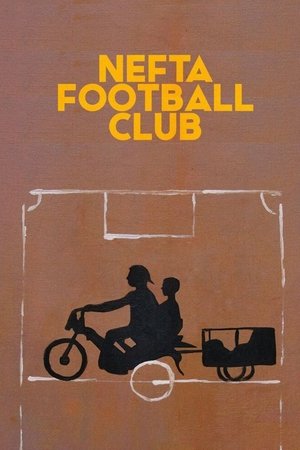 7.2
7.2Nefta Football Club(ar)
In the south of Tunisia, two football fan brothers bump into a donkey lost in the middle of the desert on the border of Algeria. Strangely, the animal wears headphones over its ears.
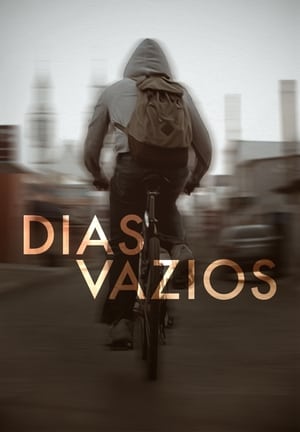 4.3
4.3Empty Days(pt)
"Empty Days" tells the story of a day in the life of Jean and Fabiana, a couple of young boyfriends who try to reinvent their lives in a small town in the Brazilian interior. They are in their senior year of high school and live the old dilemma: either we leave this city or we stay here and continue the history of our parents. At the end of this day Jean commits suicide and Fabiana disappears. Two years later, Daniel and Alanis, another couple of young boyfriends, try to understand how everything happened.
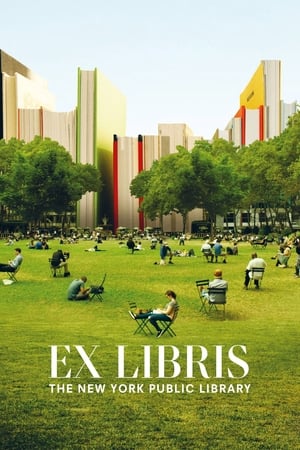 6.4
6.4Ex Libris: The New York Public Library(en)
A documentary about how a dominant cultural and demographic institution both sustains their traditional activities and adapts to the digital revolution.
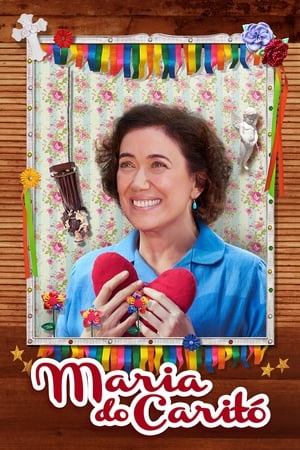 6.9
6.9Maria do Caritó(pt)
Maria, a virgin spinster, is trying magical superstitions to find a husband. In her dialogue with the marriage saint, she implores for a companion. Her father offered her as a bride to Saint Djalminha, if the saint saved her during her complicated birth which ended in the death of her mother. Since then Maria has lived this dilemma: revered and loved by the residents and pilgrims that believe she is a miracle worker; she is desperate to live a great love, with a flesh and blood prospect with real passionate desire. She asks for a sign from the heavens, a clue on how to find a crumb of love when a gypsy arrives on scene saying "someone who loves her very much, but she doesn't know will come from afar on an artists' caravan." Maria can't take the solitude she is living anymore and decides "to find Mr. Right," no matter how much it may cost.
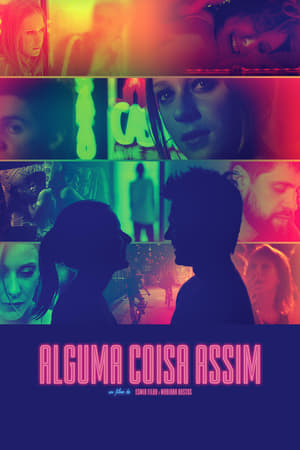 5.7
5.7Something Like That(pt)
Caio and Mari are two young people living in a relationship that goes beyond any definition. Over ten years, the plot transits between three striking moments where their desires conflict and their relationship is put to the test. The film, originated from the short film of the same name in 2006, proposes a reflection on sexuality, labels and how time constructs and transforms relationships.
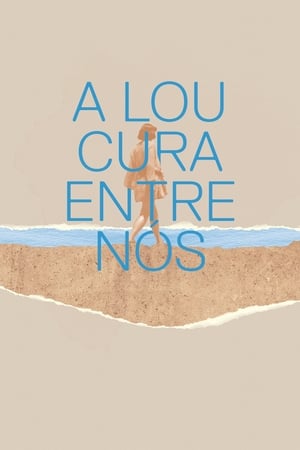 5.6
5.6The Madness Among Us(pt)
Leonor and Elizangela do not appear crazy at first sight in the way that society often imagines. They are victims of violent and uncontrollable seizure, which sometimes result even during filming in forcible confinement. The rest of the time they are endowed with sensitivity and clarity about their condition, which offers anyone who will listen to them the opportunity to familiarize themselves with what madness is, through their words, and also through their tragic and touching destinies.
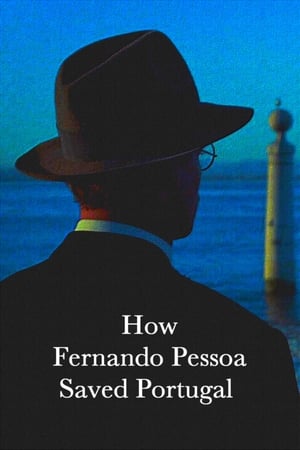 6.4
6.4How Fernando Pessoa Saved Portugal(pt)
Lisbon, Portugal, 1927. The writer and journalist Fernando Pessoa accepts from his boss the commission to create an advertising slogan for the drink Coca-Louca; but conservative government authorities consider the new drink as revolutionary as it is diabolical.
 5.8
5.8Possible Loves(pt)
Fifteen year ago, Carlos went to the cinema to meet Júlia, his university colleague with whom he was in love. She never showed up. Carlos was left waiting in the lobby alone. While he waits, something happens which will change his life. A scene, an encounter, an unfinished sentence... Something insignificant, but which will determine the character's life. Fifteen years later, we follow three completely different versions of Carlos's life. In one, he is a man divided between the stability of a secure life in a lukewarm marriage, and the growing desire to live a great love affair. In the second, he is homosexual and places passion above all else. In the third possible life, Carlos is a man who hasn't yet discovered love, and lives through successive disastrous relationships in search of the perfect woman. One of them is his real life. Another is not his life. And a third is the life he'd like to lead. Which is his true life ?
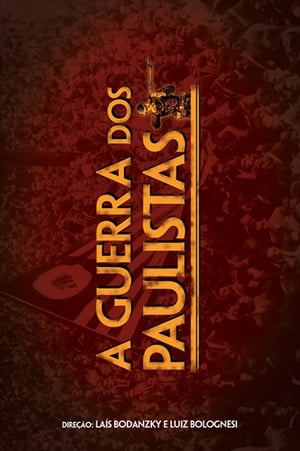 6.0
6.0São Paulo's War(pt)
In 1932, more than two hundred thousand men armed with machine guns, grenades and canons took part in on of the most violent wars in America in the 20th century. Brazilian against Brazilian, in a conflict that involved air raid of big cities – such as Campinas, Santos and São Paulo - and resulted in more than two thousand deaths. Why did this war happen? Who took part in it? What were the details of the conflict? How did the war end? The documentary tells this episode of the country's history, not only grand but also unknown, with an accessible language and an involving rhythm.
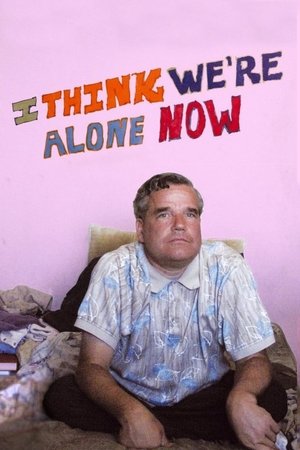 6.5
6.5I Think We're Alone Now(en)
Every celebrity deals with his or her share of obsessed fans. "I Think We're Alone Now" is a documentary that focuses on two individuals, Jeff and Kelly, who claim to be in love with the 80's pop singer Tiffany. Jeff Turner, a 50-year-old man from Santa Cruz, California has attended Tiffany concerts since 1988. Diagnosed with Asperger's syndrome, he never had a girlfriend. Jeff spends his days hanging out on the streets of Santa Cruz, striking up conversations with anyone who has a moment to spare. Kelly McCormick is a 38-year-old hermaphrodite from Denver, Colorado, who claims to have been friends with Tiffany as a teenager. She credits Tiffany as the shining star who has motivated her to do everything in her life. Both Jeff and Kelly have been labeled stalkers by the media and other Tiffany fans. This film takes you inside the lonely lives these two characters, revealing the source of their clinging obsessions...
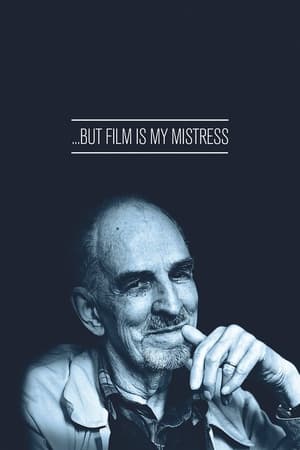 6.2
6.2… But Film Is My Mistress(sv)
Guided by Liv Ullmann and with commentaries from a number of prominent filmmakers for whom Bergman is and remains an important influence - such as Woody Allen, Olivier Assayas, Bernardo Bertolucci, Arnaud Desplechin, John Sayles, Martin Scorsese and Lars von Trier, the film provides a vivid portrait of the artist who in each new project found a challenge for himself and for the people he worked with - both actors and colleagues behind the camera.
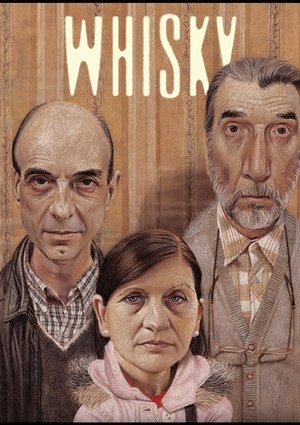 6.9
6.9Whisky(es)
When his long-lost brother resurfaces, Jacobo, desperate to prove his life has added up to something, looks to scrounge up a wife. He turns to Marta, an employee at his sock factory, with whom he has a prickly relationship.
Similar Movies
 6.1
6.1Maison du Bonheur(fr)
When asked to make a documentary about her friend’s mother—a Parisian astrologer named Juliane—the filmmaker sets off for Montmartre with a Bolex to craft a portrait of an infectiously exuberant personality and the pre-war apartment she’s called home for 50 years.
 7.1
7.1The Story of the Weeping Camel(mn)
When a Mongolian nomadic family's newest camel colt is rejected by its mother, a musician is needed for a ritual to change her mind.
 6.7
6.7Dixie Chicks: Shut Up and Sing(en)
Shut Up and Sing is a documentary about the country band from Texas called the Dixie Chicks and how one tiny comment against President Bush dropped their number one hit off the charts and caused fans to hate them, destroy their CD’s, and protest at their concerts. A film about freedom of speech gone out of control and the three girls lives that were forever changed by a small anti-Bush comment
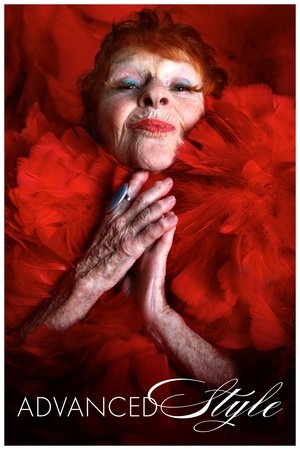 6.8
6.8Advanced Style(en)
Advanced Style examines the lives of seven unique New Yorkers whose eclectic personal style and vital spirit have guided their approach to aging. Based on Ari Seth Cohen’s famed blog of the same name, this film paints intimate and colorful portraits of independent, stylish women aged 62 to 95 who are challenging conventional ideas about beauty, aging, and Western’s culture’s increasing obsession with youth.
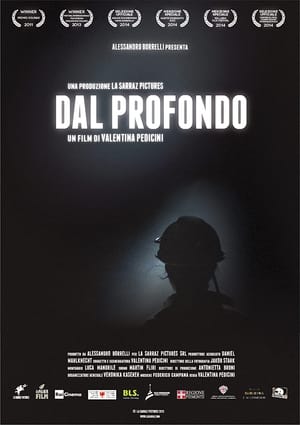 6.1
6.1From the Depths(it)
Both an activist and a documentarian, Valentina Pedicini also brings her background in anthropology to this impressively captured, claustrophobic nonfiction feature. Venturing beneath sea level, From the Depths profiles the lone woman at work in the last coal mine in Sardinia, Italy.
 6.9
6.9Olympia: Part One – Festival of the Nations(de)
Commissioned to make a propaganda film about the 1936 Olympic Games in Germany, director Leni Riefenstahl created a celebration of the human form. This first half of her two-part film opens with a renowned introduction that compares modern Olympians to classical Greek heroes, then goes on to provide thrilling in-the-moment coverage of some of the games' most celebrated moments, including African-American athlete Jesse Owens winning a then-unprecedented four gold medals.
 6.7
6.7Olympia: Part Two – Festival of Beauty(de)
Commissioned to make a propaganda film about the 1936 Olympic Games in Germany, director Leni Riefenstahl created a celebration of the human form. Where the two-part epic's first half, Festival of the Nations, focused on the international aspects of the 1936 Olympic Games held in Berlin, part two, The Festival of Beauty, concentrates on individual athletes such as equestrians, gymnasts, and swimmers, climaxing with American Glenn Morris' performance in the decathalon and the games' majestic closing ceremonies.
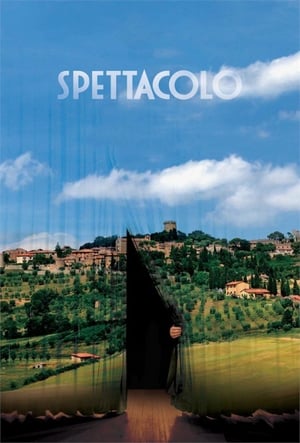 5.8
5.8Spettacolo(en)
Once upon a time, villagers in a tiny hill town in Tuscany came up with a remarkable way to confront their issues: they turned their lives into a play. Every summer, their piazza became their stage and residents of all ages played a part – the role of themselves. Monticchiello’s annual tradition has attracted worldwide attention and kept the town together for 50 years, but with an aging population and a future generation more interested in Facebook than farming, the town’s 50th–anniversary performance just might be its last. SPETTACOLO tells the story of Teatro Povero di Monticchiello, interweaving episodes from its past with its modern-day process as the villagers turn a series of devastating blows into a new play about the end of their world.
 5.6
5.6How to Cook Your Life(en)
A Zen priest in San Francisco and cookbook author use Zen Buddhism and cooking to relate to everyday life.
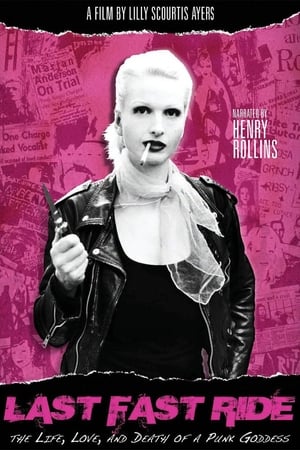 8.0
8.0Last Fast Ride: The Life, Love and Death of a Punk Goddess(en)
Henry Rollins narrates Lilly Scourtis Ayers' no-holds-barred profile of volatile Bay Area punk legend Marian Anderson, whose hypnotic beauty, devil-may-care rebellion and shocking sexual exploits onstage launched her to infamy before tragically dying of a heroin overdose at the tender age of 33.
On Coal River(en)
On Coal River takes viewers on a gripping emotional journey into the Coal River Valley of West Virginia — a community surrounded by lush mountains and a looming toxic threat. The film follows a former coal miner and his neighbors in a David-and-Goliath struggle for the future of their valley, their children, and life as they know it.
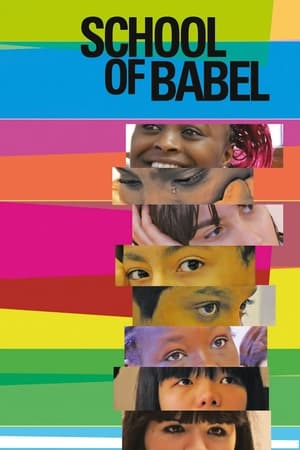 6.6
6.6School of Babel(fr)
They just arrived in France. They are Irish, Serbs, Brazilians Tunisians, Chinese and Senegalese ... For a year, Julie Bertuccelli filmed talks, conflicts and joys of this group of students aged 11 to 15 years, together in the same class to learn French.
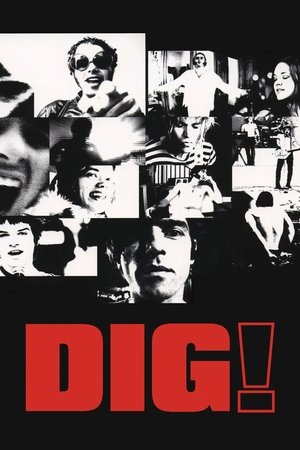 6.8
6.8Dig!(en)
A documentary on the once promising American rock bands The Brian Jonestown Massacre and The Dandy Warhols. The friendship between respective founders, Anton Newcombe and Courtney Taylor, escalated into bitter rivalry as the Dandy Warhols garnered major international success while the Brian Jonestown Massacre imploded in a haze of drugs.
 7.1
7.1In the Realms of the Unreal(en)
In the Realms of the Unreal is a documentary about the reclusive Chicago-based artist Henry Darger. Henry Darger was so reclusive that when he died his neighbors were surprised to find a 15,145-page manuscript along with hundreds of paintings depicting The Story of the Vivian Girls, in What is Known as the Realms of the Unreal, of the Glodeco-Angelinnian War Storm, Cased by the Child Slave Rebellion.
 6.8
6.8Born Into Brothels: Calcutta's Red Light Kids(en)
Documentary depicting the lives of child prostitutes in the red light district of Songachi, Calcutta. Director Zana Briski went to photograph the prostitutes when she met and became friends with their children. Briski began giving photography lessons to the children and became aware that their photography might be a way for them to lead better lives.
 10.0
10.0God's Ways(uk)
A dual portrait of young drifters on the streets of Odessa, where every day seems the same and the future keeps getting further away.
 6.7
6.7Full Metal Village(de)
The film describes the microcosmos of the small village Wacken and shows the clash of the cultures, before and during the biggest heavy metal festival in Europe.
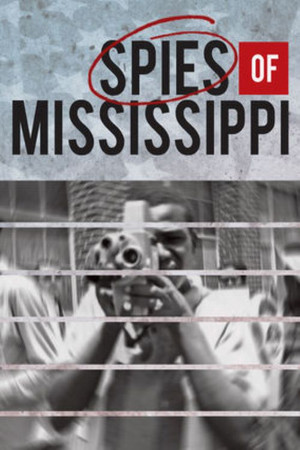 7.3
7.3Spies of Mississippi(en)
Spies of Mississippi tells the story of a secret spy agency formed by the state of Mississippi to preserve segregation and maintain white supremacy. The anti-civil rights organization was hidden in plain sight in an unassuming office in the Mississippi State Capitol. Funded with taxpayer dollars and granted extraordinary latitude to carry out its mission, the Commission evolved from a propaganda machine into a full blown spy operation. How do we know this is true? The Commission itself tells us in more than 146,000 pages of files preserved by the State. This wealth of first person primary historical material guides us through one of the most fascinating and yet little known stories of America's quest for Civil Rights.
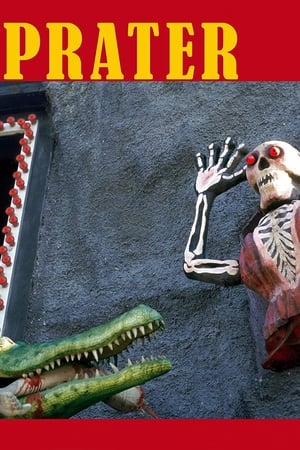 5.8
5.8Prater(de)
Vienna’s Prater is an amusement park and a desire machine. No mechanical invention, no novel idea or sensational innovation could escape incorporation into the Prater. The diverse story-telling in Ulrike Ottinger’s film “Prater” transforms this place of sensations into a modern cinema of attractions. The Prater’s history from the beginning to the present is told by its protagonists and those who have documented it, including contemporary cinematic images of the Prater, interviews with carnies, commentary by Austrians and visitors from abroad, film quotes, and photographic and written documentary materials. The meaning of the Prater, its status as a place of technological innovation, and its role as a cultural medium are reflected in texts by Elfriede Jelinek, Josef von Sternberg, Erich Kästner and Elias Canetti, as well as in music devoted to this amusement venue throughout the course of its history.
